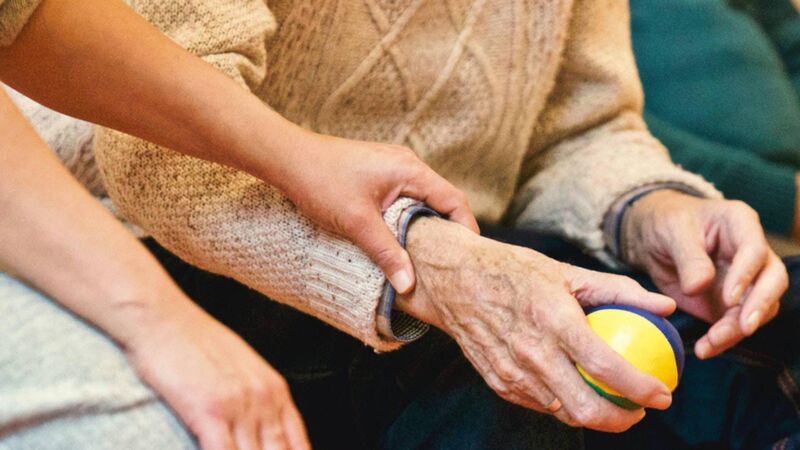Why the upcoming referenda are important for the climate

Caring and care work will be centre stage in the upcoming referenda on family and women in the home. File picture: Pexels
As we exit a year of record-breaking weather events and enter a year where care could be meaningfully included in the Constitution, bringing care into the climate discussion is an opportunity we can’t afford to miss.
2023 was a record-breaking year in climate change for all the wrong reasons. It was the hottest year on record, with six months of the year reaching their highest ever temperatures. The extreme flooding in Midleton and Newry as well as a tornado in Leitrim have made it clear that even Ireland, considered one of the ‘safer’ countries in the face of the climate crisis, is not immune to its impacts.
CLIMATE & SUSTAINABILITY HUB
















